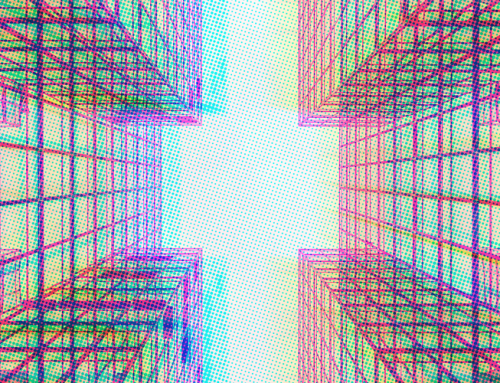In remote working, coworking and flex-office, work is segmented into a set of tasks that are independent of each other and can be performed in different spaces. And in most office development projects, employees are often asked to adapt to these new ways of working, without really taking into account the complexity of their work. But numerous scientific studies show the importance of workspaces for employees: they structure our professional and cultural practices, but they also constitute a resource at work, and sometimes even a support for professional identity. That is to say that the employees give them meaning and invest them, which helps them to invest themselves in their work.
Thus, one of the risks of this health crisis is to see the development of these new ways of working accelerate, mainly for financial reasons. The transformation of our post-lockdown workspaces must therefore not be done solely on the basis of financial logic to the detriment of the working conditions of employees. If companies want to develop remote working and new forms of spatial organization, they must be able to ensure good working conditions for their employees during their working time, whether on company premises. society or outside. To give more meaning to workspaces, it is therefore necessary that they are first and foremost designed for the activity of employees, leaving them the possibility of appropriating them and defining their uses.
article liés



